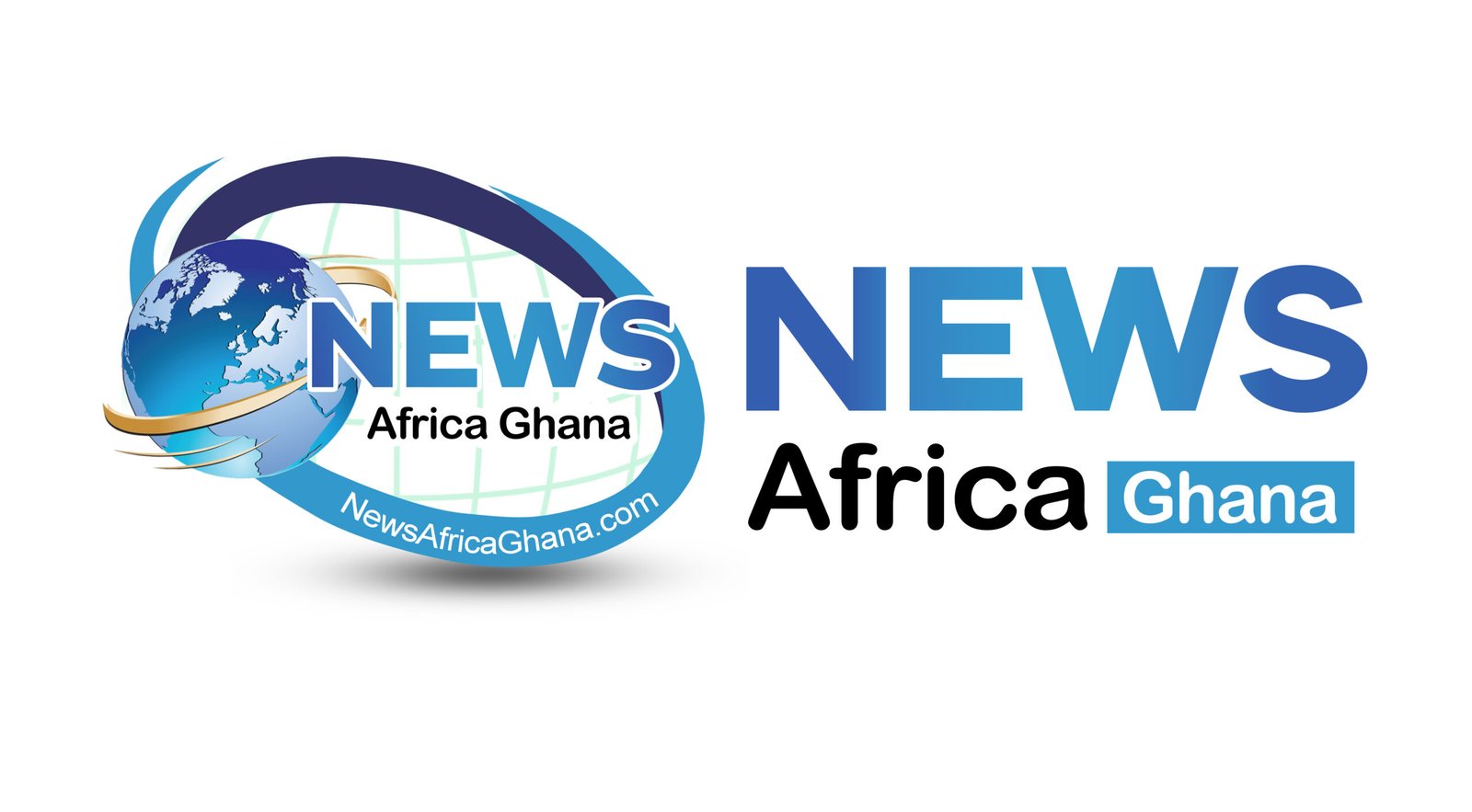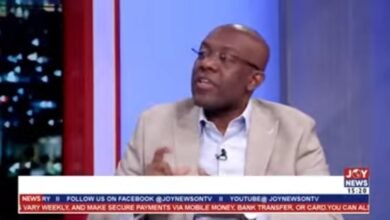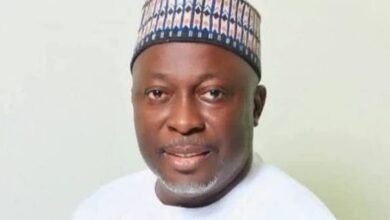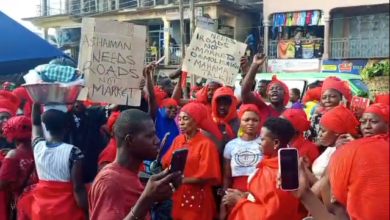
The Minority in Parliament has unveiled a three-point strategy aimed at helping the government address Ghana’s escalating energy sector debt, urging a shift from tax-heavy measures to more sustainable, structural reforms.
At a press conference in Accra on Monday, Ranking Member on the Economy and Development Committee, Kojo Oppong Nkrumah, called on the Mahama administration to abandon its newly introduced 8% fuel levy and instead adopt a more transparent, stakeholder-driven approach.
“If the government is truly committed to solving the energy sector’s financial problems, it must move beyond taxes and address the structural issues at the root of the debt crisis,” Oppong Nkrumah said.
Three Proposed Interventions
1. Renegotiation of Power Purchase Agreements (PPAs):
The Minority is urging the government to expedite the renegotiation of existing PPAs and other energy sector contracts that have contributed to the buildup of liabilities.
“Many of these contracts, especially the take-or-pay agreements, are unsustainable and sit at the heart of our energy sector debt,” he noted.
He added that finalising renegotiations—already claimed to be in progress—would help reduce costly capacity payments to independent power producers (IPPs).
Industry estimates suggest Ghana’s energy sector debt now exceeds GH¢80 billion, much of it arising from idle capacity charges under long-term contracts signed without matching demand.
2. Accelerated Transition to Renewable Energy:
The Minority is also advocating for a faster shift toward renewable energy sources such as solar and wind, citing reduced operational costs and long-term environmental and economic benefits.
“We need to dominate our energy mix with renewable solutions,” Oppong Nkrumah stressed.
“This shift will reduce our dependence on fossil fuels and cut fuel purchases for thermal plants, which remain a major driver of the debt.”
He emphasized that renewables offer greater cost predictability and insulation from global oil price shocks.
3. Restructuring IPP Financial Arrangements:
The final proposal calls for restructuring existing financial arrangements with IPPs by integrating both fuel and capacity charges directly into power purchase agreements.
This, the Minority argues, would allow the Public Utilities Regulatory Commission (PURC) to transparently assess and reflect justifiable costs in consumer tariffs.
“We propose that government work with IPPs to embed these costs into the PPAs, and then present a clear case to the PURC,” Oppong Nkrumah explained.
“If justified, this provides a more regulated, transparent alternative to offloading costs through indirect taxes like the new fuel levy.”
The approach, he said, would improve pricing transparency, protect consumers from unexpected tariff hikes, and provide stability for investors and regulators.
Call for Inclusive Dialogue
The Minority’s proposals come amid growing public backlash over the 8% fuel levy, which has added approximately GH¢1 per litre at the pump. Civil society organisations and transport unions have joined the call for its immediate withdrawal.
In closing, the Minority urged the government to convene a national stakeholder forum—bringing together energy sector players, civil society, and consumer groups—to forge a consensus on long-term, equitable solutions to Ghana’s enduring energy challenges.
Credit: Abubakar Ibrahim




